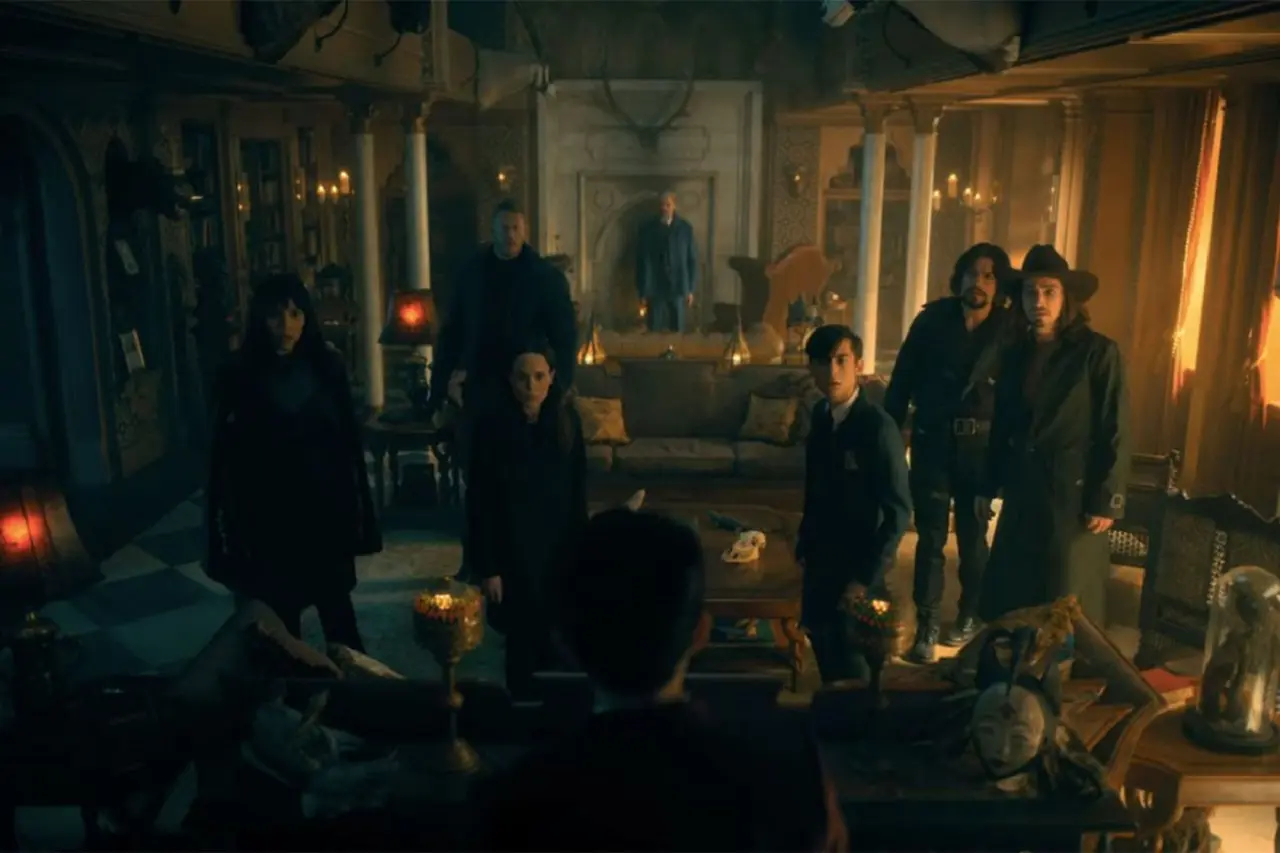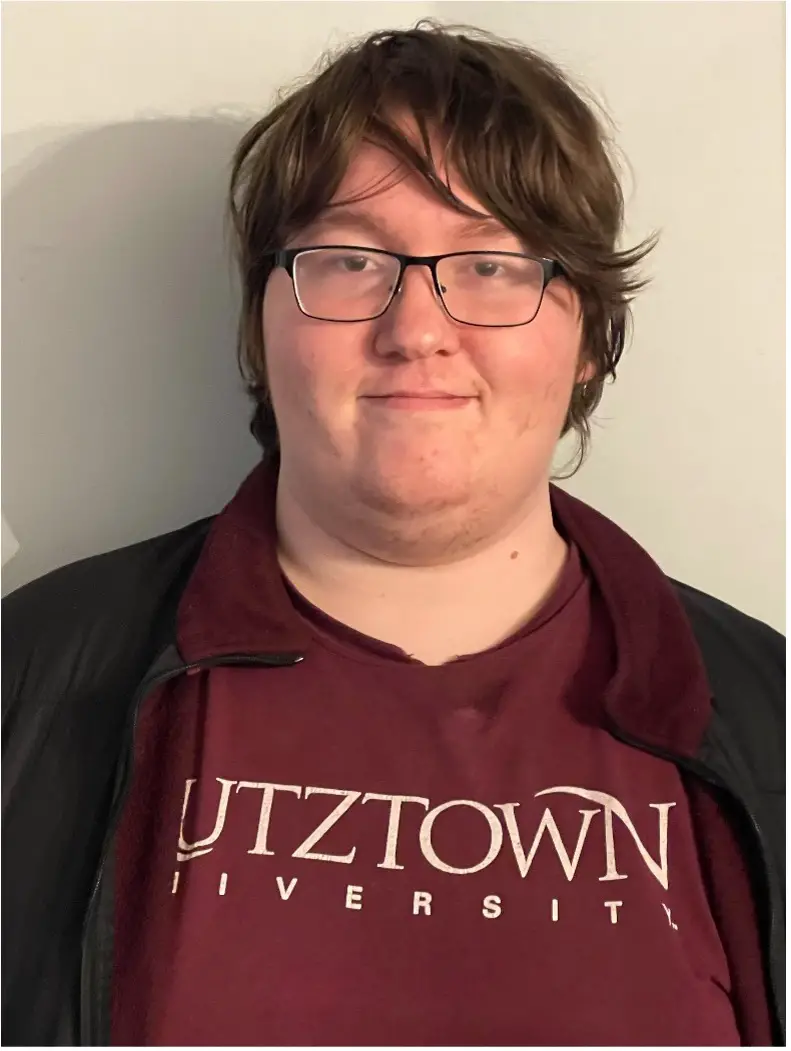On June 22, Netflix released the third season of its superhero drama series “The Umbrella Academy.” While well-received by critics and boasting a 90% approval rating on Rotten Tomatoes, the series has evoked a much more mixed audience reception, with only a 59% approval rating. Coming off two well-received seasons, “The Umbrella Academy” should have had a surefire hit in its third. Instead, Season 3 disappoints, with meandering plotlines, underdeveloped characters, and a lack of the superpowers you would expect from a show about superheroes.
Based on the comics of the same name by Gerard Way, “The Umbrella Academy” follows a group of seven superpowered people who were adopted and raised by eccentric millionaire Reginald Hargreeves. Reginald’s abuse causes them to grow into dysfunctional adults, but extraordinary circumstances force them to work together and use their powers for good. The third season sees the Hargreeves siblings in an alternate timeline where their actions in the past have caused Reginald to adopt a set of seven different superpowered children, calling them the Sparrow Academy.
The Sparrow Academy, at first, are very interesting characters. They have evocative designs and powers that immediately make you want to learn more about them. Fei is blind but can see through the eyes of crows she summons, and Christopher is a giant floating cube instead of a human being for some unexplained reason. The fight scene in the first episode between the Academies promised that the Sparrows would be a fun, interesting villain for the season. While the Umbrella Academy is dysfunctional, the Sparrows are a well-oiled machine, able to work in sync and use their powers effectively.
However, “The Umbrella Academy” fails to follow up on this promise in any meaningful way. Most of the Sparrows are unceremoniously killed off in the season’s first half, and the survivors get very few opportunities to develop or use their powers. Instead, the Sparrow Academy feels more like an excuse to bring back Ben. Ben is the sole child to be in both Academies, having died in the original timeline before the events of the show. He is only able to interact with Klaus, who can talk to the dead, and these interactions made him a fan favorite, so it almost feels like the Sparrows were just an elaborate ploy to bring him back.
Instead of the Sparrows, the villain of the season turns out to be a universe-devouring anomaly named the Kugelblitz. In theory, the Kugelblitz is a solid idea that would force the Sparrows to team up with the Umbrella Academy to save the universe. In practice, that falls apart because the Kugelblitz almost immediately usurps the Sparrows as the primary threat. It’s not an interesting villain because it’s only a ball of energy instead of something that can speak, feel or think. Even worse, it fails to function as a greater-scope threat because most of the Sparrows are discarded too soon for them to team up with the Umbrella Academy.
While the new characters are wasted, the existing characters don’t fare much better. Luther gets into a romance with one of the Sparrows, Diego has to deal with the son he didn’t know he had, Klaus tries to find his birth mother and Five once more tries to investigate the apocalypse. While these subplots aren’t necessarily terrible, it’s disappointing that none of them give the characters chances to use their unique abilities or powers. It’s not until much later in the season that any of them get to exercise their superpowers, and by then it’s too little, too late.
No character suffers more in this new season than Allison. Allison can control others by starting sentences with “I heard a rumor,” and she had always functioned as the heart of the team. Following the loss of her child and husband in the new timeline, though, Allison transforms into a cold, ruthless borderline villain. She kills a man in cold blood and nearly uses her powers to sexually assault Luther. Bizarrely, the other characters let her get away with her terrible actions for most of the season. Even Luther isn’t very phased by the aforementioned assault.
This ties into one of the biggest problems with the third season’s writing: apathy. Characters rarely react to events with the emotions they should. The Sparrows hardly care when their siblings that they’ve known for their entire lives are killed. The siblings spend the entire season dancing around Allison’s behavior, not calling her out on it until it’s far too late. Even the world-destroying anomaly doesn’t seem to phase the characters too much, despite its effects playing out before their very eyes.
The Kugelblitz might be handled more easily if the characters used their abilities. However, “The Umbrella Academy” gives the characters very few chances to use their powers, and it’s becoming tiring. The Sparrow Academy would have provided a perfect foe for the siblings to go all out with their powers, but instead, they’re faced with an enemy their powers do nothing against, so their superpowers remain unused for the majority of the season. The large cast might have taken up a lot of the budget that could have been used on CGI, but it was disappointing either way.
This isn’t to say the third season is completely terrible, but its flaws stick out like a sore thumb. The trademark off-beat humor of “The Umbrella Academy” is still present. A hilarious scene in the first episode has both Academies dancing off to the tune of “Footloose.” Elliot Page’s transition is also handled wonderfully, as his character, Vanya, begins openly identifying as male and changes his name to Viktor. None of the other characters question this, and they’re all very supportive of his transition.
While the first two seasons of “The Umbrella Academy” were far from perfect, they were entertaining stories about a dysfunctional, superpowered family. Take away the superpowers, though, and not much about the third season would change. Lacking interesting villains, an engaging plot, or consistent characterization, the third season of “The Umbrella Academy” ultimately disappoints. A potential fourth season hasn’t been greenlit yet, but if it happens, the showrunners will need to work hard to pull “The Umbrella Academy” back from this lackluster showing.

















